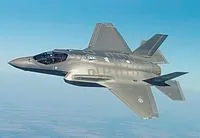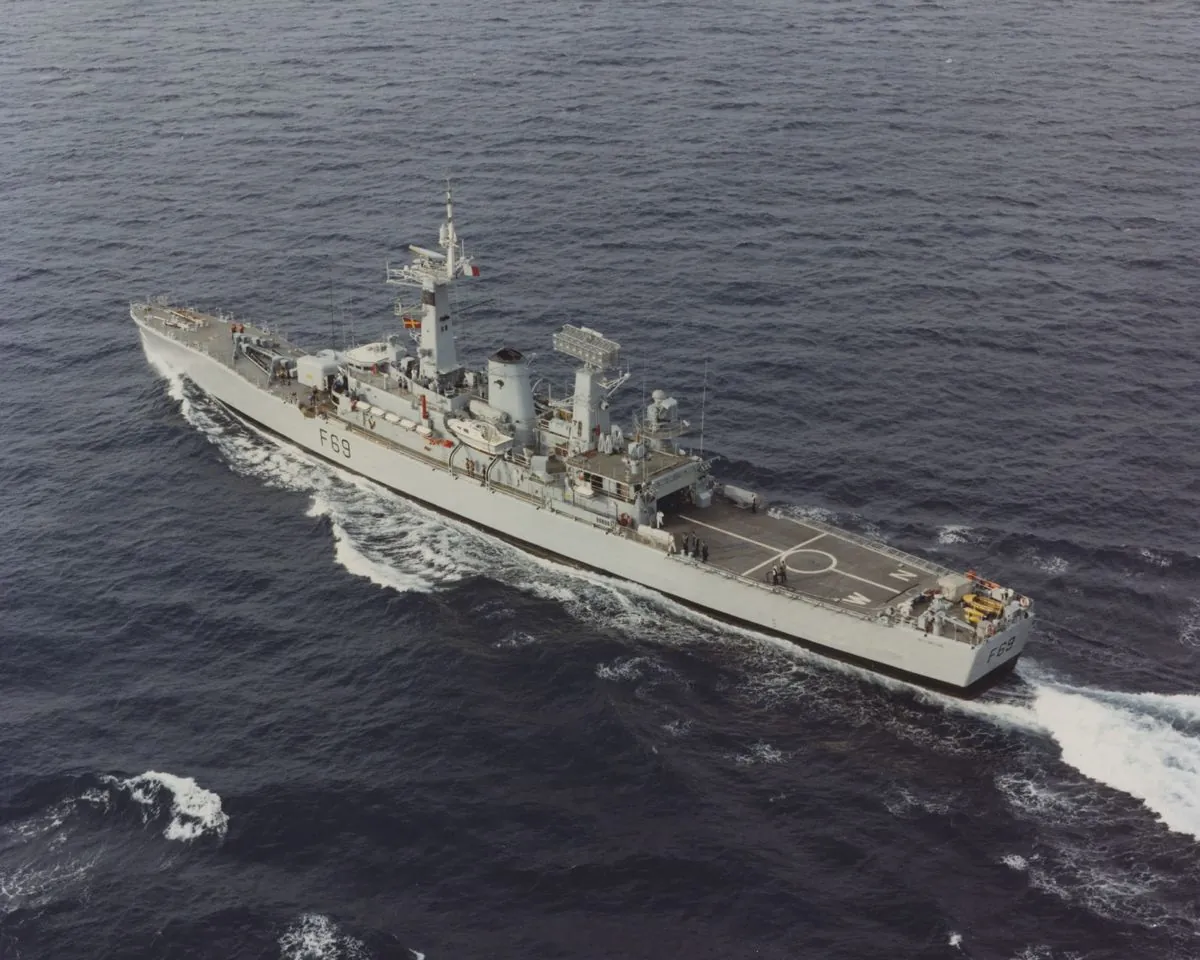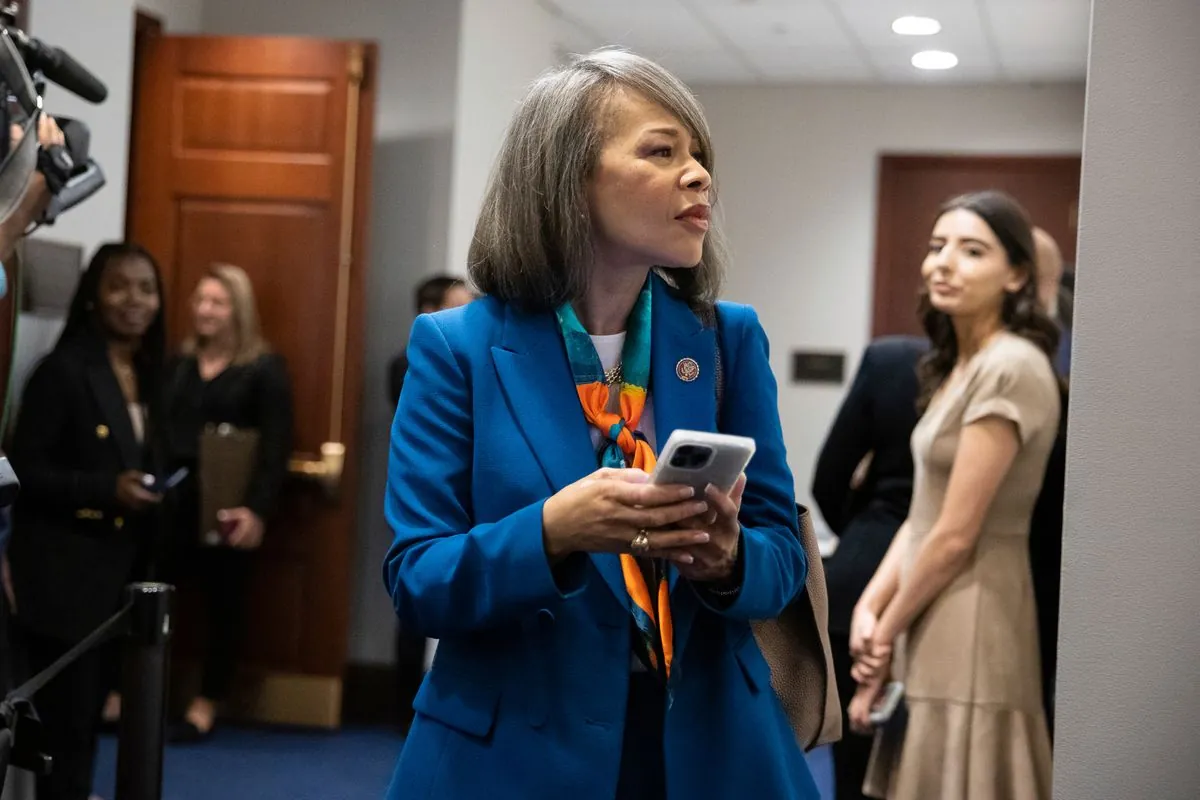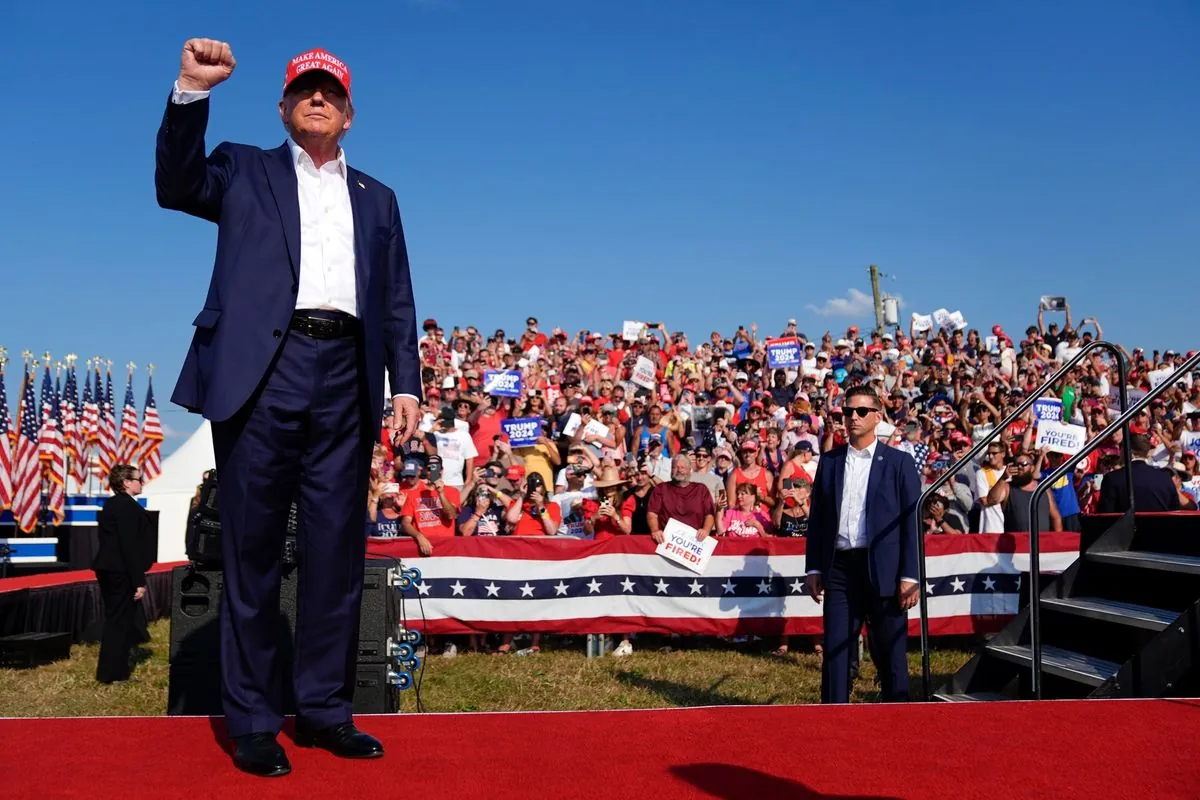Israeli Strikes Intensify in Lebanon as Hezbollah Leadership Targeted
Israeli forces escalate attacks on Hezbollah strongholds in Lebanon, killing its leader and possibly his successor. Civilian casualties mount as the conflict expands beyond border areas, raising regional tensions.
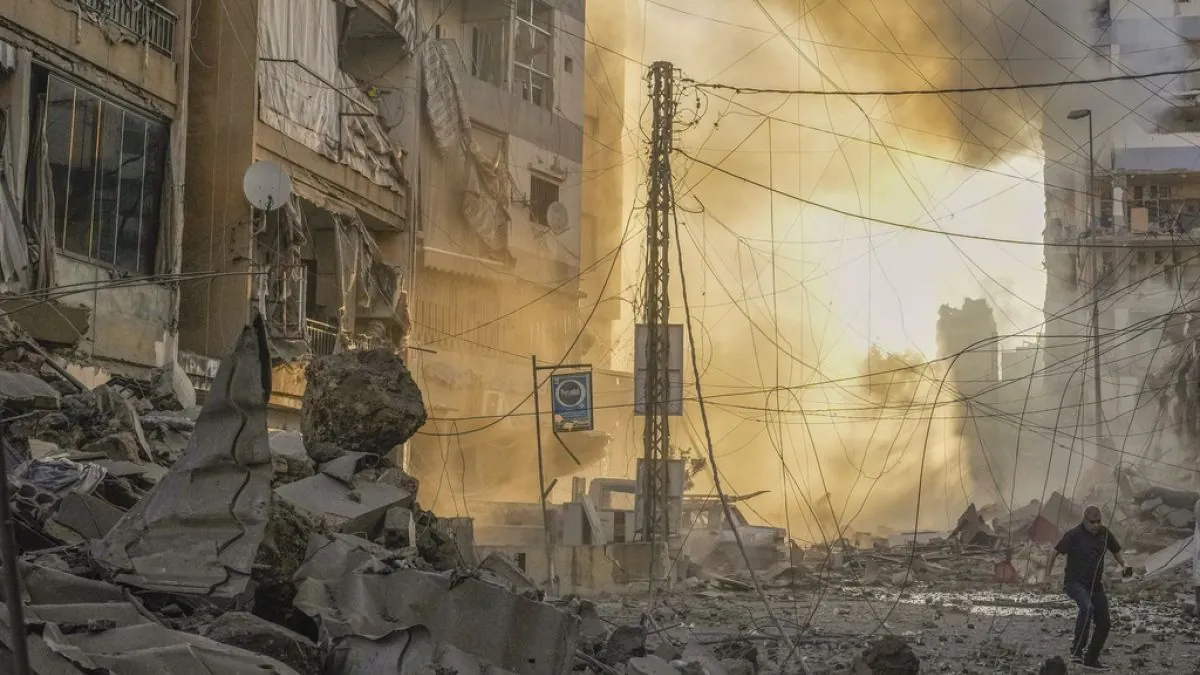
In a significant escalation of regional tensions, Israeli forces have intensified their operations in Lebanon, targeting key Hezbollah strongholds and leadership. The conflict, which began approximately one year ago, has now expanded beyond the border areas, causing widespread civilian casualties and displacement.
On October 6, 2023, massive strikes shook Beirut's southern suburbs, known as Dahiyeh, a predominantly Shia Muslim area and Hezbollah stronghold. These strikes followed the reported elimination of Hezbollah leader Sayyed Hassan Nasrallah on September 27, 2023, in an Israeli attack on the group's central command headquarters in Beirut. The potential successor, Hashem Safieddine, has been unreachable since Friday, raising concerns about the group's leadership structure.
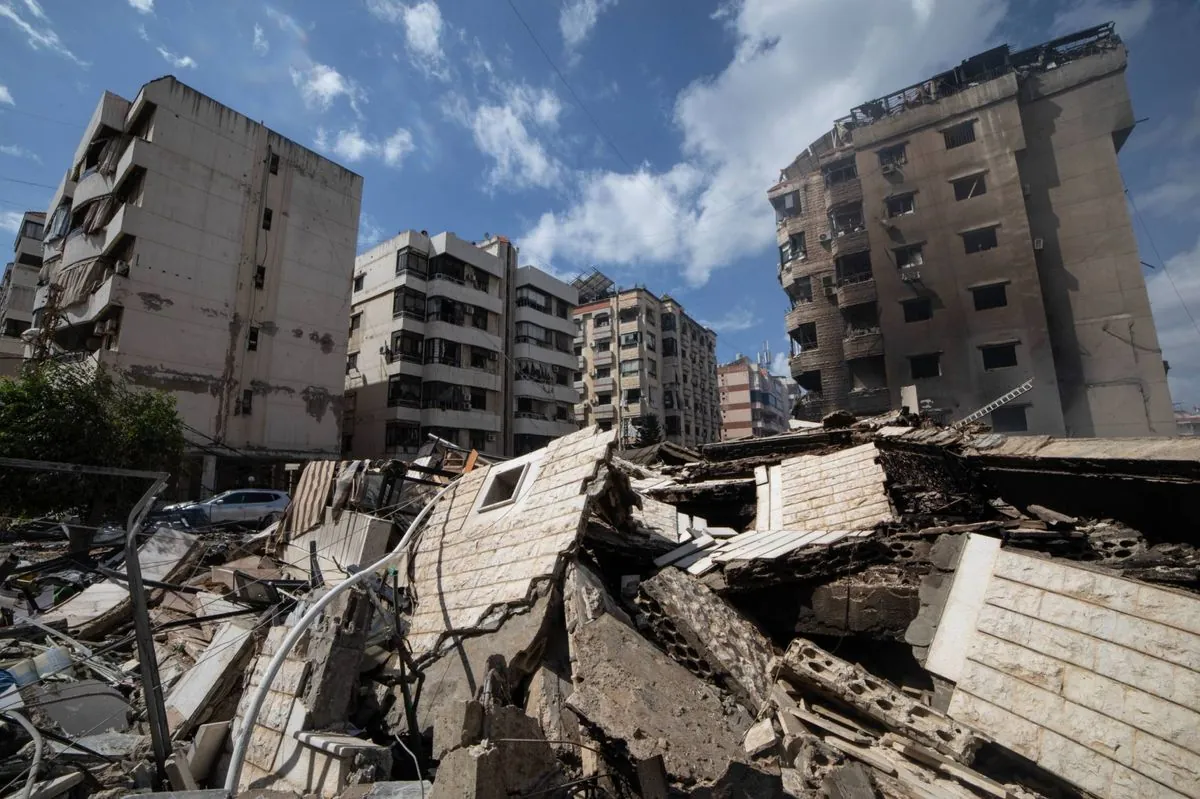
The Israeli military has expanded its operations beyond southern Lebanon, conducting its first strike in the northern city of Tripoli, Lebanon's second-largest city. This expansion marks a significant shift in the conflict's scope, which had previously been largely confined to border areas.
"Israel had killed 440 Hezbollah fighters in its ground operations in southern Lebanon and destroyed 2,000 Hezbollah targets."
The intensification of Israeli actions has led to severe humanitarian consequences. Lebanese officials report hundreds of civilian casualties, with approximately 1.2 million people – nearly a quarter of Lebanon's population – displaced from their homes. This crisis adds to Lebanon's existing economic challenges, which have been ongoing since 2019.
The conflict's expansion comes as the anniversary of Hamas' October 7, 2022, attack on southern Israel approaches. That attack resulted in 1,200 Israeli casualties and about 250 hostages taken. Israel's subsequent assault on Gaza has led to nearly 42,000 Palestinian deaths, according to Gaza's health ministry, and displaced almost all of the enclave's 2.3 million residents.
International reactions to the escalating violence have been strong, with widespread protests in major cities worldwide. The conflict has also impacted global oil prices, which have risen due to the possibility of an Israeli attack on Iranian oil facilities. U.S. President Joe Biden has urged Israel to consider alternatives to striking Iranian infrastructure.
As tensions continue to rise, U.S. Army General Michael "Eric" Kurilla, the top U.S. general for the region, is reportedly traveling in the Middle East for consultations with military officials. This visit underscores the international community's growing concern over the expanding conflict and its potential regional implications.
The situation remains fluid, with both Hezbollah and Israeli forces continuing their operations. The conflict's expansion beyond traditional battlegrounds and the targeting of key leadership figures suggest a new phase in the long-standing regional tensions, with potentially far-reaching consequences for Lebanon, Israel, and the broader Middle East.

























